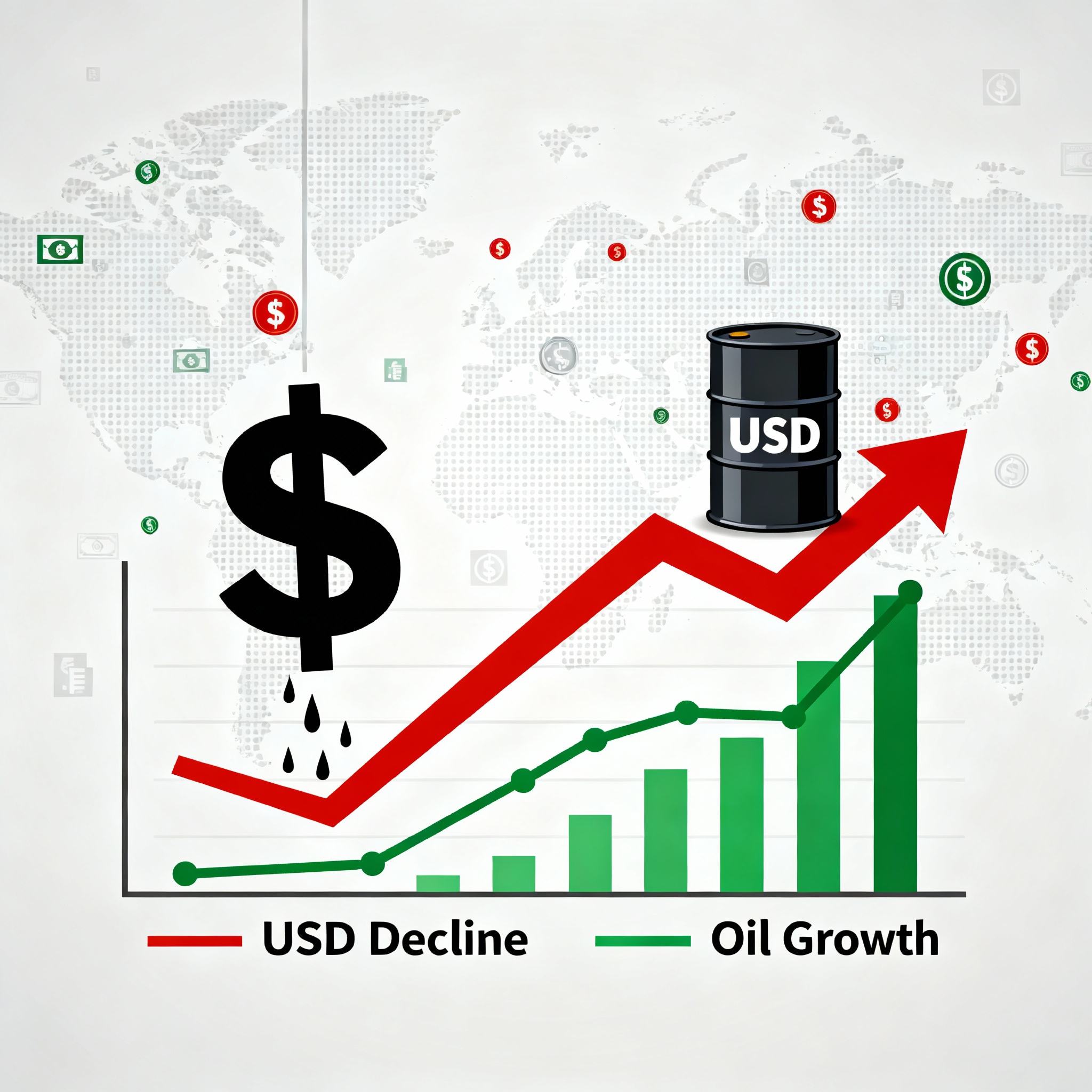French Political Turmoil Weighs on Eurozone Growth—Central Banks Signal Caution
Introduction: French Unrest Raises Red Flags Across Europe
The Eurozone faces fresh uncertainty as political turmoil in France threatens to undermine regional growth prospects. Ongoing street protests, government infighting, and stalling reforms have rattled financial markets and led economic analysts to warn of broader consequences for the European Union’s fragile rebound in late 2025. As volatility spikes, the European Central Bank (ECB) and other regional central banks are adopting a notably cautious stance, emphasizing the need for flexibility and vigilance amid mounting risks.moderndiplomacy
The French Crisis: A Drag on Economic Sentiment
Political Unrest, Policy Paralysis, and Market Jitters
In recent months, France has witnessed prolonged civil unrest, including massive demonstrations against pension and tax reforms. The government’s inability to pass critical legislation has dented investor confidence in French assets and pushed the Paris CAC 40 index sharply lower. Foreign direct investment inflows have slowed, and Moody’s has revised the country’s credit outlook to “negative,” echoing similar warnings from S&P and Fitch Ratings.
-
Impact on consumer and business sentiment: Retail spending is down, new business formation has stagnated, and surveys show both consumers and CEOs growing more pessimistic about France’s near-term prospects.
-
Spillover to neighboring economies: Trade partners in Germany, Italy, and Spain are reporting softer export orders and investment plans, as French demand cools and cross-border financing tightens.
-
Rising borrowing costs: The yield on French government bonds has risen, reflecting both policy uncertainty and broader risk-off sentiment toward Eurozone sovereign debt.moderndiplomacy
Structural Concerns About Eurozone Stability
France’s political paralysis revives old concerns about Eurozone unity and fiscal discipline. With national elections looming and little consensus on structural reforms, investors worry about the sustainability of France’s debt burden—now well above 110% of GDP—and the willingness of other EU members to backstop future crises.
Central Banks React: Signaling Caution Amid Growing Headwinds
European Central Bank Holds Back on Easing
Although inflation in the Eurozone is moderating, the ECB is signaling caution in policy moves. A surprise rate cut is off the table for now, with President Christine Lagarde emphasizing the need for “data-dependent” decisions and close monitoring of political instability. German and Dutch policymakers, once hawkish on rates, now stress the importance of flexibility should the growth outlook darken further.moderndiplomacy
-
Liquidity support on standby: The ECB has quietly reaffirmed its willingness to restart targeted longer-term refinancing operations (TLTROs) if stress in bond or credit markets emerges.
-
National banks prepare contingency plans: The Bank of France and the Bundesbank are working closely to ensure financial sector liquidity and public confidence, with stress tests underway for major institutions.moderndiplomacy
Regional Divergences and the Risk of Fragmentation
Not all Eurozone economies are equally exposed. While France, Belgium, and Greece face the sharpest impacts, more insulated northern economies like Finland and Austria remain relatively stable. However, economists warn that ongoing turmoil could revive market fears of Eurozone “fragmentation,” with widening bond spreads and divergent growth rates threatening single-currency cohesion.
Outlook: Navigating an Uncertain Autumn for Europe
Watchpoints for Investors and Policymakers
The coming months will be crucial for gauging the depth and duration of France’s crisis and its impact on broader Eurozone stability. Key signals to watch include:
-
Progress (or lack thereof) on French government reforms and social negotiations
-
Shifts in ECB policy rhetoric and liquidity measures
-
Quarterly EU GDP and PMI data for signs of regional contagion
-
Political messaging ahead of national and EU elections
Conclusion: Resilience Tested as Eurozone Growth Falters
The French political crisis is a stress test for both Europe’s economic resilience and the ECB’s policy credibility. As caution becomes the watchword in central banks and markets alike, Eurozone growth remains in the balance—heightening the need for prudent risk management, diversification, and close attention to rapidly shifting policy signals.moderndiplomacy












10 comments
Ok thinks
Done
Thanks….. 🍀
Thanks.
Done
Thanks
Thanks for sharing.
Thanks for sharing 🌿
Europe economic vulnerability and resilience is not only determined by single country’s political stability.
Learning very hard.